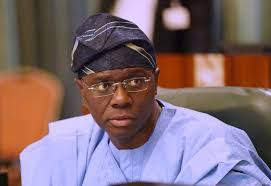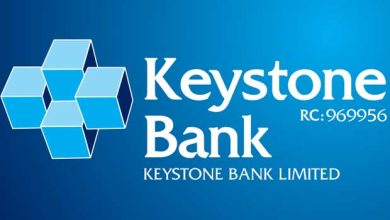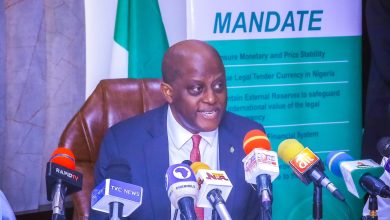Nigeria’s Headline Inflation Increased to 34.19% YoY in June 2024

Nigeria’s headline inflation in June 2024 increased to 34.19% relative to the May 2024 headline inflation rate of 33.95%, according to the National Bureau of Statistics (NBS). Looking at the movement, the June 2024 headline inflation rate increased by 0.24% compared to May 2024. On an annual (Y-o-Y) basis, the headline inflation rate was 11.40% higher than in June 2023, at 22.79%, suggesting that the headline inflation rate Y-o-Y rose in June 2024 relative to the same month of the previous year. The Food inflation rate in June 2024 rose to 40.87% on a Y-o-Y basis, which was 15.62% higher compared to the rate recorded in June 2023 at 25.25%
Furthermore, on a monthly (M-o-M) basis, the headline inflation rate in June 2024 settled at 2.31%, or 0.17% higher than the rate recorded in May 2024 (2.14%). This means that in June 2024, the rate of increase in the average price level was higher than in May 2024.
The steady rise in headline inflation in Nigeria has now approached the 40% mark, with worrying implications for the economy and financial markets
Meanwhile the Governor of the Central Bank of Nigeria (CBN), Olayemi Cardoso, said the apex bank is determined to tame inflation through conventional methods.
He stated this during an interview with Bloomberg in London while sharing key insights on the current state of the market, mainly focusing on the stability of the naira and inflation rates.
Cardoso noted a deceleration in the month-on-month inflation rates, highlighting it as a positive development.
He also assured that the Monetary Policy Committee (MPC) members remained vigilant in monitoring inflation trends and ensuring a moderation of inflation numbers.
“MPC members will continue to monitor the trajectory and are determined to ensure that they put inflation under control,” a statement from the bank’s communicative unit quoted Cardoso as saying.
READ ALSO: Again, Court Orders Final Forfeiture Of $1.4m Linked To Emefiele
While highlighting a period of stability following previous volatility in the foreign exchange market, he expressed optimism about the recent improvements in liquidity and return of confidence to the market.
He attributed the new development to increased liquidity and a calmer approach from market participants on both the buy and sell sides.
“In the past, people were panicking and front-loading their requests,” he explained, stressing that “Now, a lot of that has calmed down. There’s no inclination to do that because liquidity has returned to the market.”
Cardoso also highlighted the significant achievement of merging disparate exchange rates into a more unified system.
“We had two different rates; right now, we more or less have one rate. And we believe that this is good. It allows companies to plan,” he stated, emphasising the importance of a predictable exchange rate for economic planning and investment.
Furthermore, he expressed confidence in the current market dynamics, where willing buyers and sellers operate freely, noting that it had contributed to the stability of the Naira. He, however, stressed the importance of continuous observation and management to ensure the market benefits all participants.
Governor Cardoso highlighted the crucial role of coordinated monetary and fiscal policies in achieving economic stability, adding that the collaboration was essential for managing the macroeconomic fundamentals that influence the market, aiming to provide the best value for the Naira.
It will be recalled that Nigeria’s annual inflation rose to a 28-year high of 33.95% in May 2024, but recent data from the National Bureau of Statistics reveals that the month-on-month inflation rate had slowed for the third consecutive month, validating the effectiveness of the Central Bank of Nigeria’s monetary policy tightening measures.







